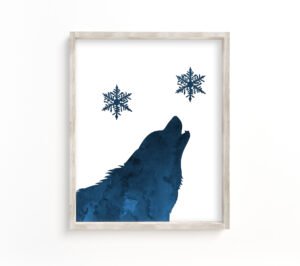Interesting Wolf Facts
Wolves are the largest members of the dog family. They have a keen sense of smell and hearing and are carnivores!
And here are 10 more facts about wolves!
What do wolves eat in the wild?
Wolves are carnivores, and their diet includes almost exclusivley meat. They typically hunt large prey, such as deer and bisons. They also scavenge for smaller animals like rabbits, squirrels, or other rodents. Wolves will even eat carrion if it is available to them!
Are wolves omnivores?

Omnivores have a varied diet that includes meat and plant matter like fruits, vegetables, berries, nuts, and other plant matter. Wolves, however, eat very little to no plant matter and are therefore not considered omnivores.
Are wolves dangerous? Do they attack humans?
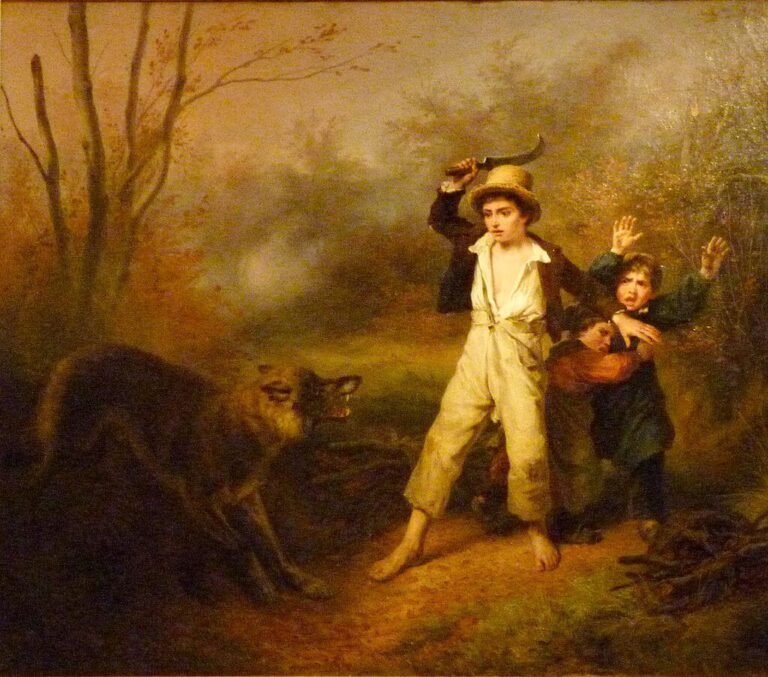
Country children surprised by a wolf (1833) by François Grenier de Saint-Martin
Do wolves carry rabies?
Rabies is a viral disease that affects the central nervous system of mammals. It’s transmitted through saliva, usually when an infected animal bites another animal or human. The virus can also be spread by contact with infected tissue, organs, and fluids from open wounds.
Wolves are not known to carry rabies in North America, but it is possible that they could contract the virus from other animals while roaming in their territory. If you see a wolf acting strangely near your home, call your local wildlife agency immediately!
How many wolves are in a wolf pack?

We can tell you that there’s always at least one alpha male and a female in charge of each pack! So how many wolves are in a pack? While wolf packs of up to 30 wolves have been seen, it’s very rare. Most packs include about 6-8 wolves, including the alpha pair and their offspring.
What exactly are wolves?
A wolf is an animal from the canine family that lives in the wild and eats meat. They are very social animals that live in packs. Wolves have been around for millions of years, but they’re still endangered because people hunt them to get their fur or kill them for sport. The size of a wolf varies. On average, they reach 41–63 inches (105–160 cm) in length and 31–33 inches (80–85 cm) at shoulder height. You can help wolves by donating to organizations that work with them, not hunting them, and speaking out against those who do!
How long do wolves live?
Wolves can live up to 10 years in the wild, but they usually only make it 3-4. The average lifespan of a wolf is about 4 years.
The most common causes of death are starvation and disease. They also die from accidents such as getting hit by cars or electrocution on power lines.
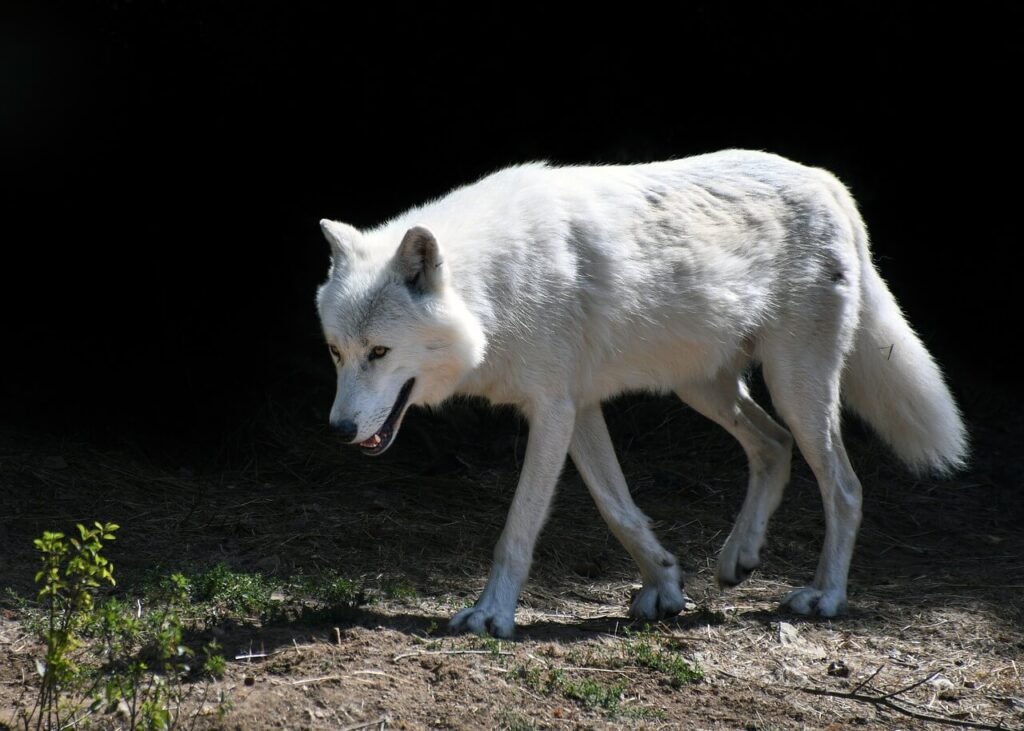
Wolves have been known to kill each other for territory and food sources, which may lead them into conflict with humans who hunt them for these reasons too.
It’s not uncommon for young pups to be killed by their own parents if they don’t follow orders or show weakness when hunting prey. This is called “discipline killing,” and it happens more often than you might think!
What's the difference between a wolf and a coyote?
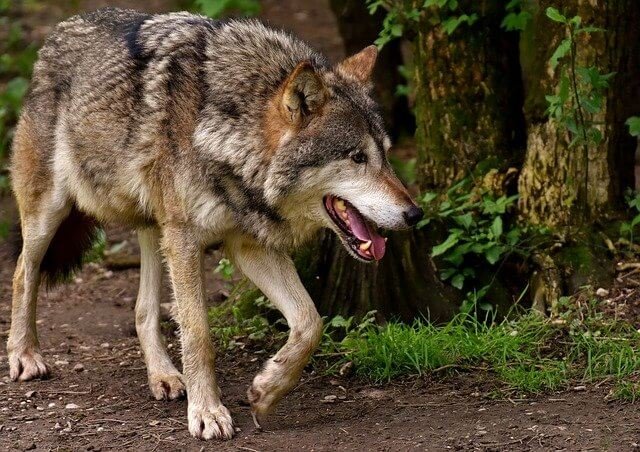
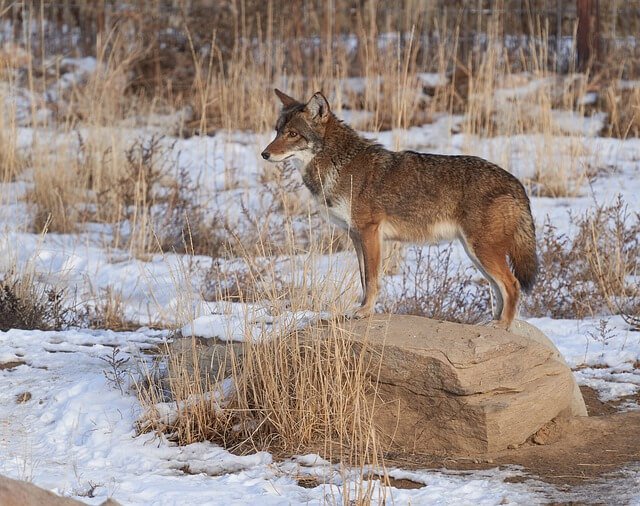
Besides looking different, they have different howls. Wolves (left picture) are bigger in size. Coyotes (right picture) are less afraid of people, and they’re less picky eaters, who might search for food in your garbage cans, while wolves prefer to stay away from humans and dislike eating food from your trash.
So if you see one of these guys on your property or in your neighborhood, it’s probably a coyote!
What's the difference between a fox and a wolf?

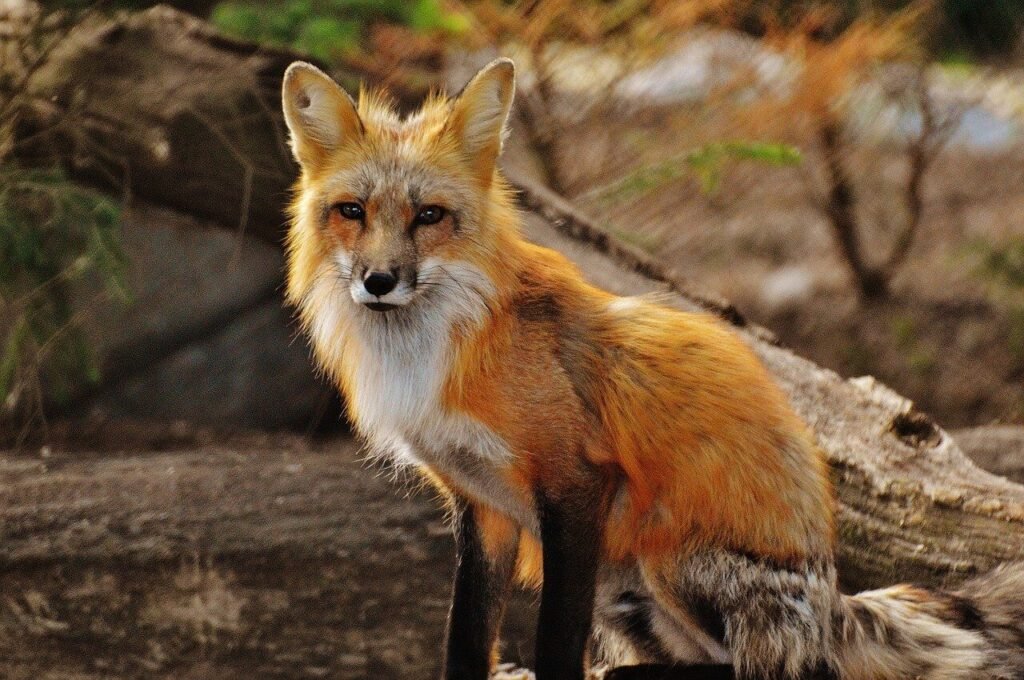
They’re both in the canine family, but wolves are much bigger than foxes and can reach around 100 pounds, while almost all fox species are lightweights. The Fennec fox, for instance, weighs about 1 1⁄2 to 3 1⁄2 lb. (1.5 kg), and a red fox between 4 and 9 kg (9 to 19 lb).
What do they have in common? They’re both really good at hiding!
What is an Alpha Male Wolf?
An alpha male wolf is the dominant member of a wolf pack. He’s the leader, and he has all the power.
What animal eats wolves?
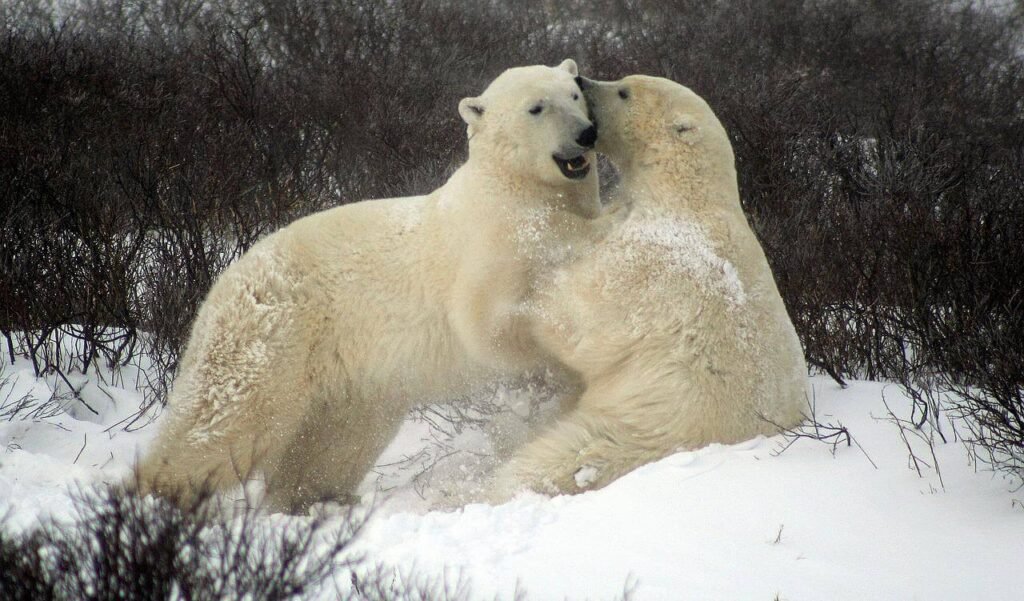
Predators of wolves are grizzly and polar bears, and Siberian tigers. Occasionally, other wolves will hunt, kill, and eat other wolves too. Wolves eating each other is very rare tough.
